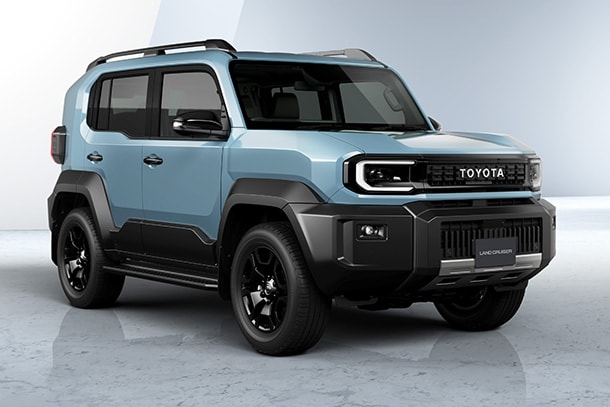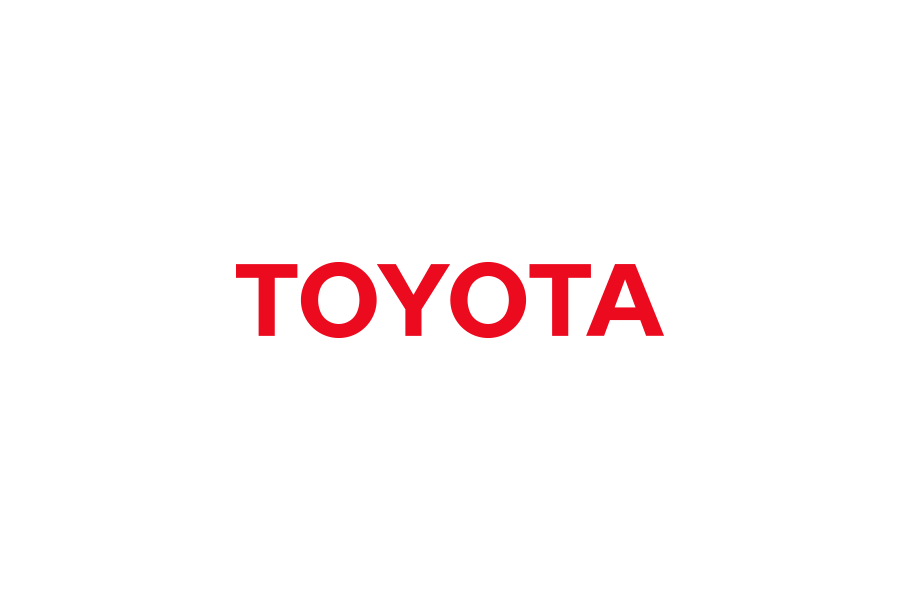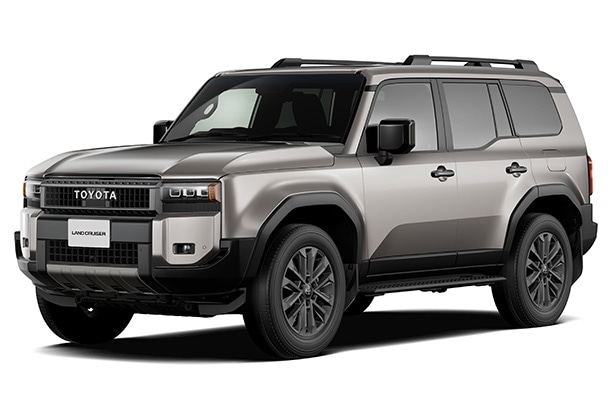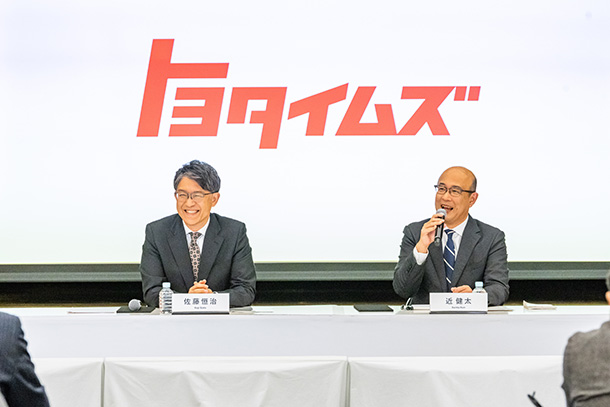Jan. 09, 2018
President Akio Toyoda's Speech at CES 2018
Good morning! Thank you so much for joining us today! It's a great honor for a car guy like me to be here at CES.
Last year, you heard from Gill Pratt, the CEO of our new Toyota Research Institute, which continues to lead the way at Toyota in the areas of autonomy, robotics and materials science.
When I first met Gill, I thought, man, that guy is tall. I also thought he was a genius which is why I'm so pleased he accepted my job offer! He is just one of many outstanding minds hard at work at Toyota, imagining what's possible, even that which seems impossible.
You may not be aware that Toyota actually began as a company that built weaving looms, not cars, and it was my grandfather Kiichiro Toyoda that decided to do what many thought impossible at the time to go from building looms to building cars.
I'm the third-generation Toyoda to run this company. And you've probably heard the saying that the third-generation knows no hardship, or the third-generation ruins everything. Well, hopefully this will not happen!
It's my goal to transition Toyota from an automobile company to a mobility company, and the possibilities of what we can build, in my mind, are endless.
I am determined to create new ways to move and connect our customers across the country, across town, or just across the room. Technology is changing quickly in our industry and the race is on. Our competitors no longer just make cars. Companies like Google, Apple, and even Facebook are what I think about at night because after all, we didn't start out by making cars either!
It's been said that data is the new gold and that software is the key. But I would argue that we're moving from software to the platform as the thing we're all after. It's the platform that will be the backbone for mobility as a service for autonomy, for car sharing, for any number of services that we want to make possible.
That's why two years ago, in partnership with Microsoft, we launched a standalone company here in the U.S. called Toyota Connected, to leverage the power of big data for millions of our connected customers around the world.
Clearly, Toyota is a well-known maker of reliable hardware. But with Toyota Connected, we hope to become just as well-known for the Mobility Services Platform we've developed to manage large fleets of vehicles and all kinds of connected services.
We want customers to benefit from their data through contextual services we can provide with our Mobility Services Platform. We want the car to be a seamless extension of your phone and computer, a kind of personal assistant on wheels, able to anticipate your needs through predictive artificial intelligence.
Our new Mobility Services Platform is also the engine behind our car sharing test markets in Hawaii and San Francisco.
In the future, much of mobility on demand, or mobility as a service will be powered by autonomy which, in turn, is supported by vehicle electrification.
Today, Toyota offers 37 electrified vehicle models in over 90 countries. By the early 2020's, we will have more than 10 battery electric vehicles available worldwide, and by 2025, every model in the Lexus and Toyota line up will either be electric, or will have an electrified option.
Now I realize that battery electric, or all electric vehicles, are what everybody's talking about these days. That, and Prince Harry's engagement.
But what's not often mentioned, is that today, less than 1% of all vehicles sold in the U.S. are battery electric, so there is much work to be done to increase consumer demand for all electric vehicles.
And that's why we are also working on new solid-state battery technology, that we believe will make them smaller, lighter, and most importantly, for both consumers and automakers, much more affordable.
This new form of electrification, combined with our Mobility Services Platform from Toyota Connected, and our autonomous technology from TRI, are the key components in our vision of future mobility services and mobility commerce.
One example of this is a concept we call e-Palette, a mobility solution for e-commerce retail and beyond. e-Palette is one example of Toyota's vision for an Autono-MaaS business application. e-Palette will be fully electric and will be controlled by Toyota's autonomous Chauffeur mode technology. Or, if they prefer, partner companies can use their own automated driving systems instead.
In either case, e-Palette will include Toyota's Guardian technology, which will act as a safety net. It's an open, flexible platform that can be easily adapted to support a range of uses including ride-sharing, delivery and retail. Today, you have to travel to the store. In the future, with e-Palette, the store will come to you!
By combining several e-Palettes in one place, businesses or communities can quickly create a mobile hub for services ranging from medical clinics to entertainment and festivals. I mean, just think of how great e-Palette would be at Burning Man!
And every e-Palette can be reconfigured for a variety of applications within a single day, all managed by our Mobility Services Platform and serviced by our retail network.
We believe so much in this concept of the future, that we're creating an alliance of forward-thinking business partners called the e-Palette Alliance, to support e-commerce mobility.
That's why we're turning our Mobility Services Platform into a common platform for companies to use in building new mobility businesses. Think of it as a kind of plug and play, open platform. Because we believe flexibility and open standards are the key to providing the best services to consumers.
Today I'm pleased to announce that some of the initial members of our e-Palette Alliance include, Amazon, DiDi, Mazda, Pizza Hut and Uber. We want to thank each of these companies for joining us on our new mobility journey.
We hope to contribute to the success of the Olympic and Paralympic Games Tokyo 2020 by providing mobility solutions like the e-Palette along with many other new mobility technologies that we have in the pipeline.
We recently announced our global initiative we call "Start Your Impossible" in our efforts to support the many men and women of the Olympics, Paralympics, and Special Olympics.
"Start Your Impossible" has become something of a mission statement for me personally because I hate being told it "can't be done." It's why I decided to train to become a master driver at Nürburgring at the ripe old age of 51, because I knew it would help me make our cars better even though many people told me I was crazy, including my father!
And while I do believe in healthy competition, I'm less concerned about getting there first, as I am about getting it right, and about finding ways to use technology to benefit as many as possible. For me, e-Palette is one such example.
I want to thank you for your time and attention today. It really is an honor to be with all of you and I do appreciate your feedback as we, at Toyota, continue to explore new opportunities and new things to create.
Now before I go, I don't often get to hang out with a group such as yourselves, so I'm wondering if it would be okay if I take a selfie with you? Is that all right? Okay, thanks! I wish you all the best in 2018. And here's to all the impossible things we can make possible together!
Thank you very much.





